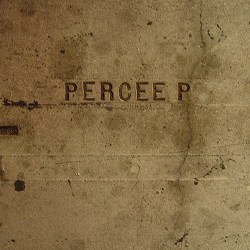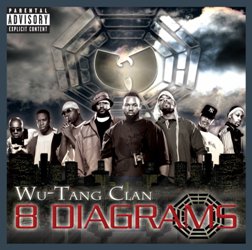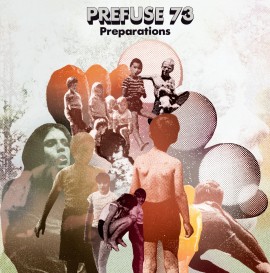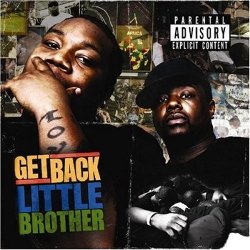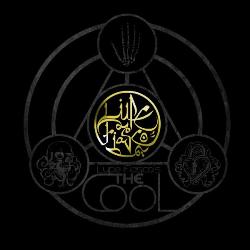
Richard Terfry, otherwise known as Buck 65, is an intellectual and a theorist. His albums are part whimsy, part story-raps and part concept. Often (perhaps too often, according to your opinion of his work), his ideas for his records are sometimes better than the records themselves. But it’s hard not to be impressed by the imagination that sets them into motion, even if the execution can be uneven and unpredictable.
Sometimes difficult, other times extraordinary, Buck 65 strafes at the idea of being a rapper. Since Square, he has appropriated many styles of music, from country and folk, and attempted many vocal intonations, from laconic poetry a la Ken Nordine to off-key singing. It’s all an attempt by, in his own words, an artist with no “raw musical ability” to create a sonic world that matches his ambitions.
I’m not being a hater; Buck 65 will tell you this himself. On his website, Buck65.com, he gives star ratings to most of his major works, which date back to the mid-90s. He rarely awards them more than three (out of five) stars.
“THB is something else and that’s the important thing,” he writes about 2003’s Talkin’ Honky Blues. “A door has been opened and exploring the world it leads to should be intriguing. But what’s still needed is more melody. It needs voice – female voice. It needs a little more depth and richness, more humanity. It still needs
more… But it’s also still too long. Nice art. Getting closer…” He gives it three stars.
Despite (or perhaps because of) his self-deprecating nature, Buck 65 has enjoyed a considerable cult audience for most of this decade, starting with the 2001 gem Man Overboard, which helped win him a major label deal with Warner Bros. Canada. His 2003 album, Talkin’ Honky Blues, earned a Juno Award (the Canadian equivalent of the U.S. Grammy Awards) for Alternative Album of the Year. Until recently, however, only one of his albums, Man Overboard, received a U.S. release, thanks to Anticon. (The imprint also featured his tracks on several compilations, and released a 12-inch version of the infamous “The Centaur,” a meditation on a centaur’s huge penis, in 2000.) He was briefly signed to V2 in America, which released a serviceable compilation, 2005’s This Right Here is Buck 65, but the label folded last year.
Enter Sage Francis’ Strange Famous Records, which arranged to release Buck 65’s new album, Situation. Something of a major event considering how much attention Buck 65 receives in the U.S., Situation is a hip-hop record set in the year 1957, and produced by his friend Skratch Bastid. Its title is an oblique reference to the French anarchist collective Situationist International.
Situation has received mixed reviews. Some critics, including Rolling Stone‘s Robert Christgau, appreciated his “insatiable appetite for colloquial poetry.” Others took issue with Skratch Bastid’s production. In a particularly damning review, The Wire‘s Ian Penman wrote, “On Situation we’re back to unrelieved recitation, where ‘Old Skool’ translates as ‘unimaginative’ and rather plodding.” I wonder how many stars Buck 65 would award Situation?
Originally based in Toronto, Ontario, Buck 65 currently lives in France with his wife Claire Berest. This interview was conducted on October 29, the day before Situation was released.
Continue reading →





